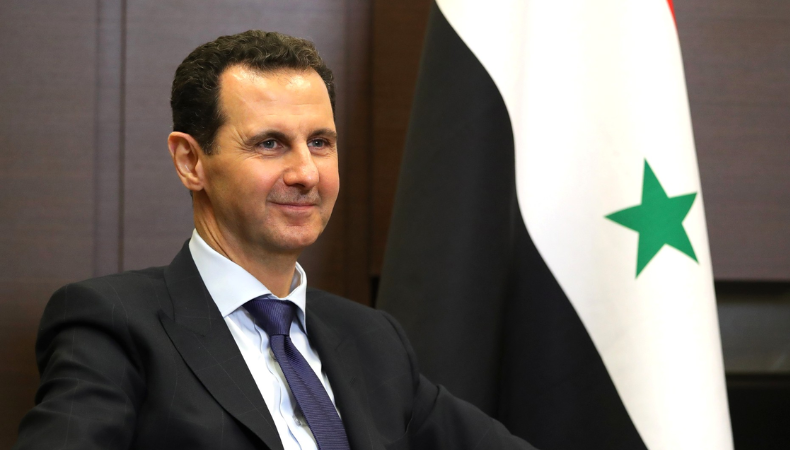Syrians Head to Polls Amid Economic Woes and Potential Assad Extension

On Monday, Syrians voted for a new parliament, a democratic step that could lead to a constitutional amendment extending current President Bashar Assad’s term. This marks the fourth parliamentary election in the nation since the 2011 anti-government protests that swirled into a horrific civil war.
Historic Election Amidst Conflict
Regions controlled by rebels and U.S.-backed Kurdish forces are omitted from the elections. Syrians living abroad cannot vote for parliament members, unlike presidential elections. Critics and the Western Countries debate that voting in government-held areas is neither fair nor free.
Candidates and Voters Sentiment
1,516 government-approved candidates are fighting for 250 seats in the People’s Assembly, with 8,151 polling stations in 15 districts in this year’s elections. Assad’s Baath Party won 166 seats, with allied parties and independents securing the rest of the seats in the last elections. However, voters are mainly concerned about economic turmoil and inflation.
A 40 year old voter in Damascus, Ahmad al-Afoush, expressed faith that the new elected representatives would address Syria’s economic struggles. On other hand Shirine al-Khleif, a 47 year old engineer expressed her wish for proactive measures to improve living conditions.
Protests and Low Key Campaigning
Ongoing anti-government protests in Sweida, a southern province with a Druze majority, led many to boycott the voting. Activists even apprehended ballot boxes to prevent them from reaching the polling booths. Campaigning was banned, with candidates focusing on broad themes like prosperity and national unity.
Keep On Reading
Assad’s Possible Extension
According to political experts the Syrian electoral process is largely preordained. The Baath Party’s list of candidates is finalized by a voting process within the party, which obviously leaves no room for genuine competition. The number of sitting representatives on the list was relatively low this year, signaling an internal reshuffling.
An electoral consultant, Maroun Sfeir, noted that the Baath Party alone nominates 169 candidates, excelling the 167 MPs needed to propose constitutional amendments. They are just three MPs short of the three quarters majority required for amendments with additional 16 candidates from allied parties, potentially including extending Assad’s presidency beyond 2028.
As Syria scuffled with economic hardship and ongoing conflict, this parliamentary election may hold crucial implications for the country’s future. The potential for a constitutional amendment to extend Assad’s rule highlights the election’s critical nature.






